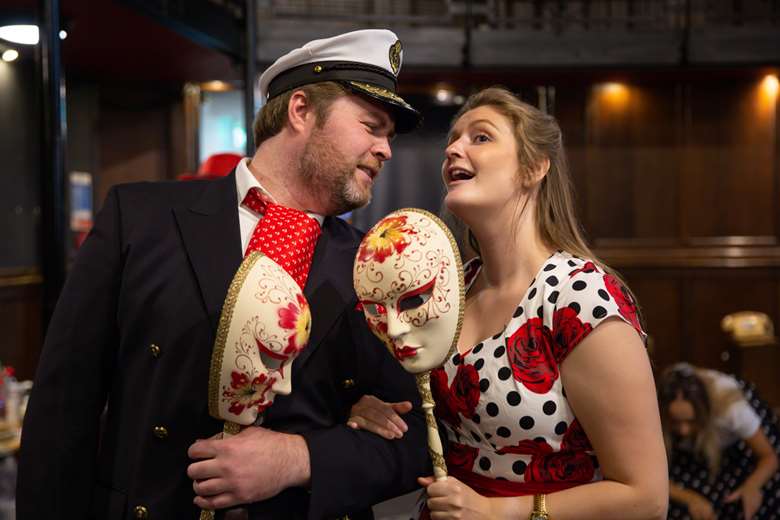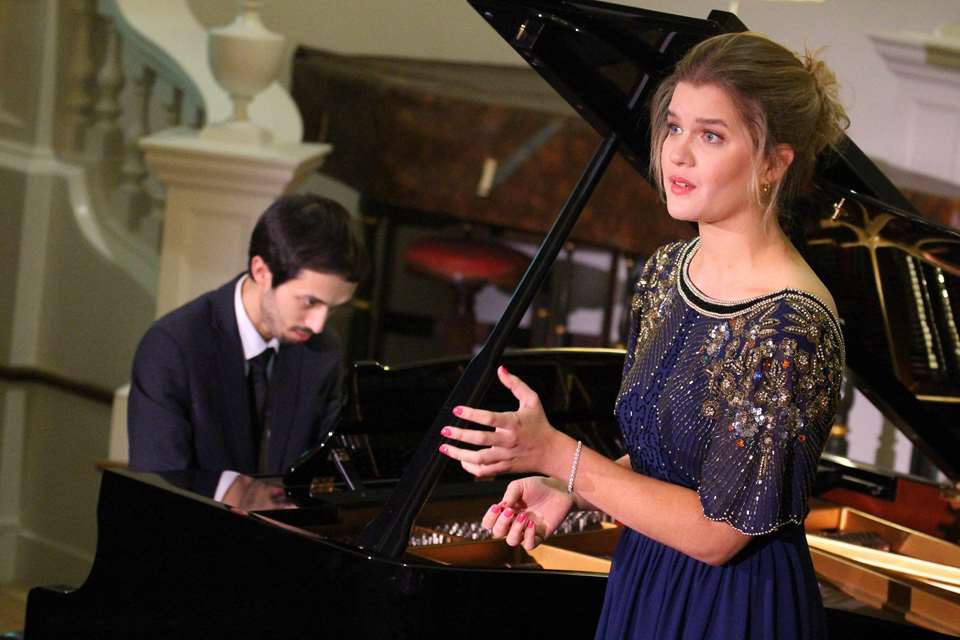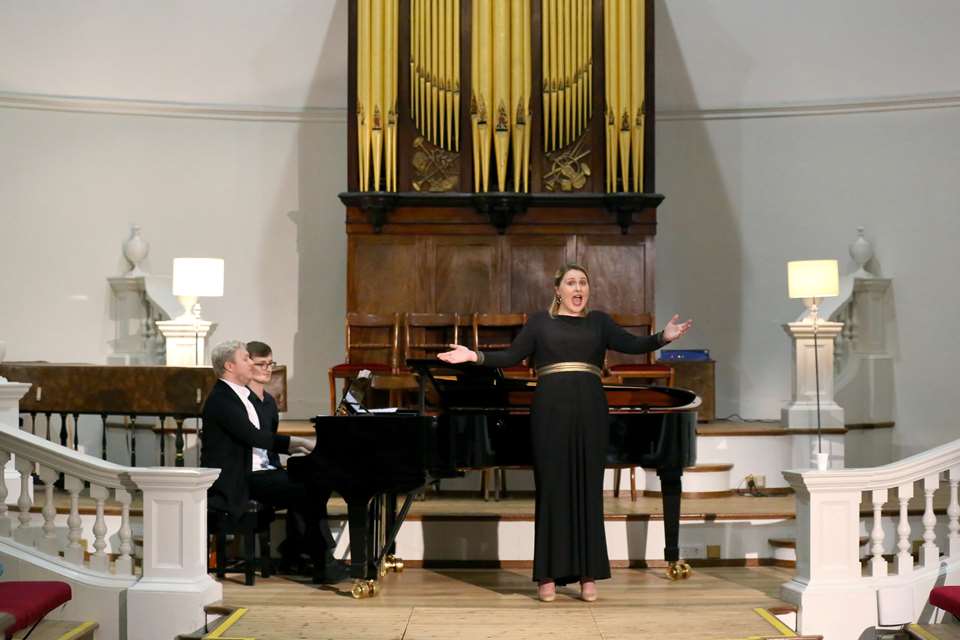'Every rarity is a risk': Jeremy Gray on three decades of Bampton Classical Opera
Florence Lockheart
Monday, July 17, 2023
As the company celebrates its 30th birthday today, co-artistic director Jeremy Gray, who set up Bampton Classical Opera with his wife Gilly French in 1993, takes stock of the changes he’s seen in the opera sphere over the last 30 years


Register now to continue reading
Don’t miss out on our dedicated coverage of the classical music world. Register today to enjoy the following benefits:
- Unlimited access to news pages
- Free weekly email newsletter
- Free access to two subscriber-only articles per month

